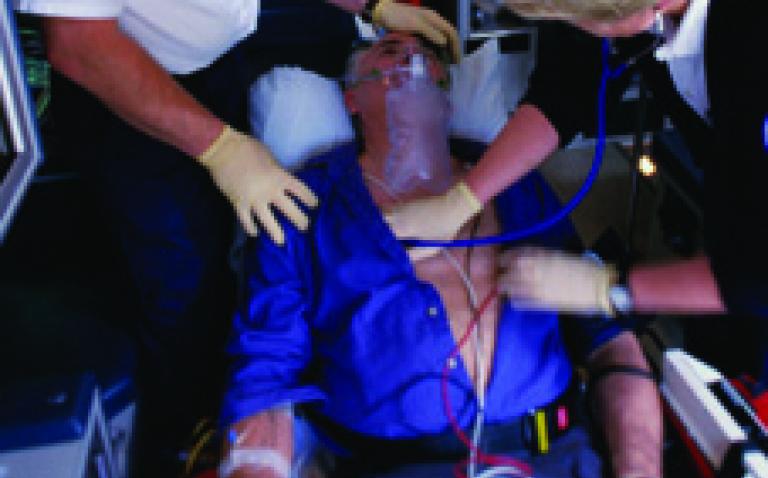The authors of a report on data from a retrospective survey of emergency admissions claim many patients at acute hospitals are not being managed fully in accordance with international evidence-based guidelines and that significant and sustained effort is required to address gender inequalities in the provision of heart failure care.
This follows the publication of a range of data from the survey of emergency admissions with acute heart failure in England, Wales and Northern Ireland which showed that, among other findings, women were less likely to be prescribed anti-failure medication, except diuretics, on discharge.
The main outcome measures were patient demographics, referral source, admission characteristics, admission pathway, patient heart failure treatment on admission, length of stay, short-term mortality, discharge heart failure treatment, specialist follow-up and delayed discharge.
Overall, 99% of acute trusts responded and 9387 records were surveyed from October 2005 to March 2006. The following findings were reported:
• Patients’ mean age was 77 years.
• 50% were women and 56% had prior history of heart failure.
• On average women were five years older than men (p < 0.001), were less likely to have had an echo (p < 0.001), and if previously diagnosed with heart failure, also less likely to be treated with ACE-inhibitors (p < 0.001), beta-blockers (p = 0.033) or aldosterone antagonists (p < 0.001) at admission.
• In-hospital mortality was 15%.
• Age-adjusted mortality was higher in men (16% vs. 14%, p = 0.042).
• 75% of patients were admitted with moderate to severe symptoms (NYHA class III or IV).
• Women were less likely to be prescribed anti-failure medication, except diuretics, on discharge (p < 0.001).
• Only 20% of patients had planned specialist heart failure follow up, with < 1% referred for rehabilitation or specialist palliative care.










